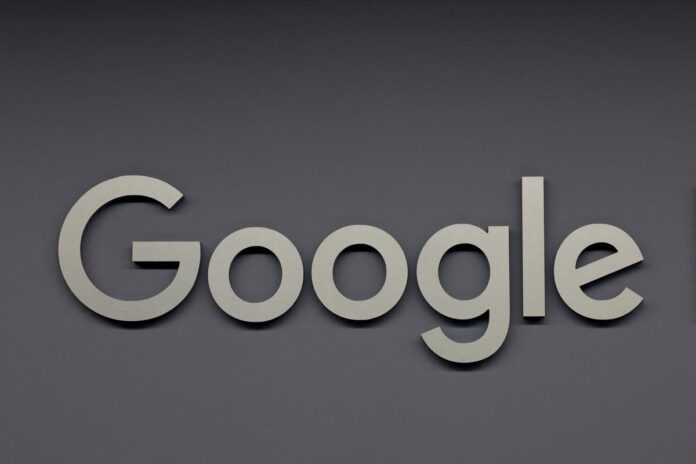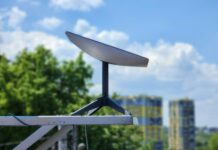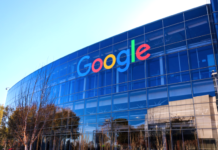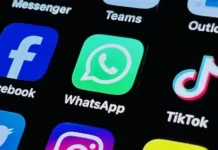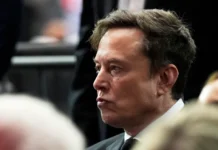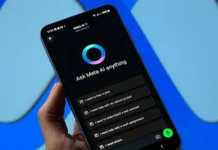Google has placed artificial intelligence at the heart of its latest smartphone launch, downplaying major hardware upgrades in favor of showcasing advanced AI-powered features that promise to redefine the user experience.
During a global unveiling event held on Tuesday, the tech giant introduced its new Pixel smartphones, positioning them as intelligent companions rather than just premium devices.
The Pixel 9 and Pixel 9 Pro, Google’s latest flagship models, look similar to their predecessors in terms of design and build. However, the company emphasized that the real evolution lies beneath the surface.
Powered by Google’s custom Tensor G4 chip, the new devices are optimized for on-device AI processing, enabling faster, smarter, and more secure functionality without relying heavily on the cloud.
Key features include enhanced real-time language translation, advanced voice typing, and a significantly improved Magic Editor for photos and videos.
Users can now remove, rearrange, or even fill in backgrounds in images using intuitive AI tools directly within the Photos app.
“Hardware gets you in the door, but AI is what keeps you engaged,” said Rick Osterloh, Google’s Senior Vice President of Devices and Services. “This launch marks a shift in what smartphones can do they are no longer just tools but intelligent assistants that learn and adapt.”
The launch comes at a time when the smartphone market is increasingly saturated, and consumers are holding onto devices longer due to marginal hardware improvements. By focusing on software and AI, Google is hoping to differentiate its devices in a competitive field dominated by Apple and Samsung.
Tech analysts say Google’s strategy reflects a broader industry trend toward AI-driven ecosystems. While camera upgrades, battery improvements, and screen quality still matter, the integration of personalized AI is quickly becoming the main selling point for high-end smartphones.
With the Pixel 9 series, Google is betting that the future of mobile technology lies not in how the phone looks, but in how smart it becomes over time. Pre-orders have already begun, with devices expected to hit shelves globally by the end of the month.
Written By Ian Maleve









